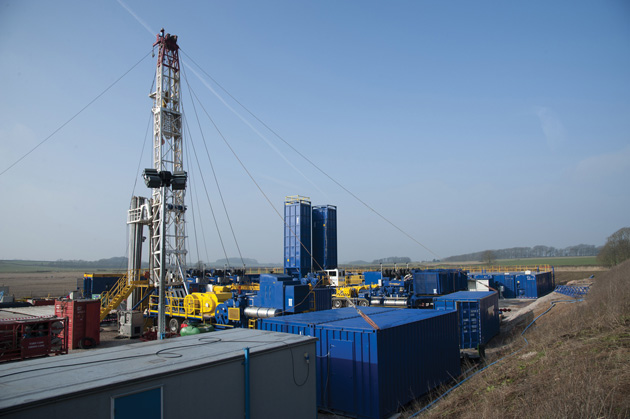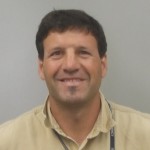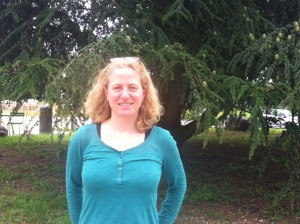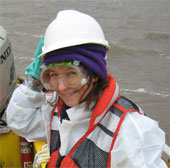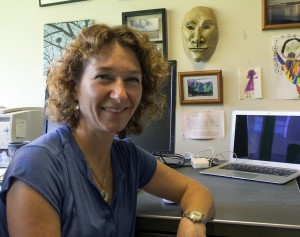We are delighted to introduce Lutgarde Raskin as an Editorial Board Member for our new journal Environmental Science: Water Research & Technology.
Lutgarde Raskin
Having completed her Ph.D. in Environmental Engineering at the University of Illinois at Urbana-Champaign in 1993, Lutgarde is now the Altarum/ERIM Russell O’Neal Professor of Engineering at the University of Michigan.
Lutgarde has worked on a variety of biological water treatment processes. Her current research focusses on anaerobic microbial processes for energy recovery from waste streams, and microbial processes in drinking water systems, including biological filtration, disinfection, and microbial ecology of distribution systems and premise plumbing. In her research, she uses cutting-edge molecular tools to characterize and optimize water quality process performance.
“I am inspired by the complexity of the microbial world and the astonishing progress we have made in microbial ecology over the past few decades. This progress continuously motivates me to rethink engineered systems so we can better harness the power of microorganisms to treat water and recover resources from waste streams.”
Lutgarde Raskin, Editorial Board Member, Environmental Science: Water Research &Technology
Make sure you don’t miss out on the latest journal news by registering your details to receive the regular Environmental Science: Water Research & Technology e-alert.
Follow us on Twitter @ESWater_RSC.












